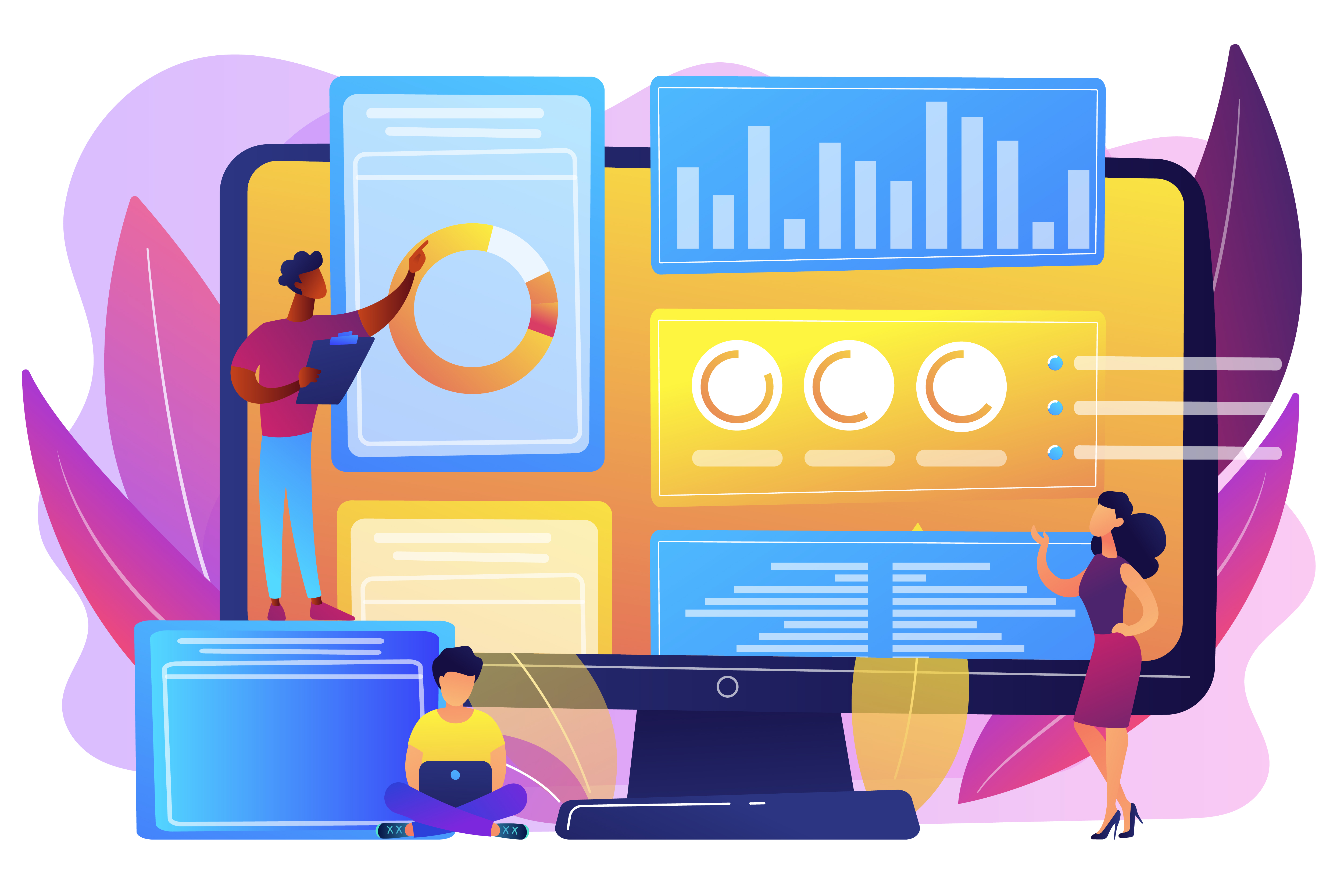
When designing evidence-based teaching and learning strategies, it is important not just to talk about what data can be collected, but to focus on how to design teaching and learning in a way that supports students' metacognitive learning. Knowing which metacognitive strategies support student engagement, performance and self-regulated learning can help you decide which tools to use to collect digital evidence on learners’ behaviour.
Good learning analytics starts with thinking about how activities and tools are being set up, and how they are going to generate evidence and data that could inform teaching and learning.
This learning design phase refers to planning strategies for data collection, i.e., when teachers plan and develop their curriculum and the course. When designing the course, the teacher should pre-plan activities, assignments, assessments, learning resources, and tools, which would generate data on learners’ progress and allow to raise teachers’ and learners’ awareness of the learning process and progress.
In this unit we will show you how to design metacognitive teaching and learning strategies (1.1.), how to set course activities settings to track learners’ engagement (1.2.) and, finally, how to select and embed digital tools that capture data on learner progress (1.3.).
Topics
1.1. How to design metacognitive teaching and learning strategies?
1.2. How to set course activities’ settings to track learners’ engagement?
1.3. How to select and embed digital tools that capture data on learner progress?
1. To design metacognitive teaching and learning strategies that facilitate learners’ engagement
2. To select and configure tools that support metacognitive learning activities and generate data on learning design or learning progress.
3. To use digital technologies to provide targeted and timely feedback to learners.
4. To use digital technologies for diagnostic formative and summative assessment.
5. To enhance the diversity and suitability of assessment formats and approaches.
6. To use digital technologies (e.g., blogs, diaries, planning tools) to allow learners to plan their own learning.
Strategies and recommendations on how to design learning and assessment strategies that generates digital evidence to assists learners in planning their own learning
● Pedagogical point of view:
o Plan and decide in advance which Moodle tools and activities are important and need to be used in the course
o Explain learning outcomes and goals clearly
o Use frequent questions to check for understanding during the lesson/course
o Design learning activities that foster collaboration and use of digital tools
o Summarise the new learning content to be acquired in a graphical way (infographics, Venn diagrams, mind maps, flow-charts)
o Encourage learners’ engagement by presenting learning material in different formats (textual, video, audio) to reflect their different learning styles
o Favour feedback and feedback among peers
o Foster student collaboration and co-creation of educational artefacts
o Teach the strategies underpinning the executions of tasks rather than just content (making connections, self-verbalising, problem solving)
o Nurture meta-cognition (students have to think about the effectiveness of their learning choices and figure out how to improve them to achieve better results).
● Technical point of view:
o Add an assignment activity (tutorial on assignment activity).
o Add a feedback activity (it can be used as a tool for summative assessment, feedback, selection, etc.) (tutorial on feedback activity).
o Add learning outcomes used in a course (tutorial on how to add learning outcomes).
o Activate discussion forum (tutorial of forum activity).
o Activate activity completion tracking (tutorial on activity completion).
o
Link learning activities with the learning
outcomes (tutorial)
o Check the interactive opportunities for metacognition and reflection provided by a VLE (e.g., learners’ portfolios).
o Check the opportunities provided by forums for feedback provision.
o Check the different technical solutions as well as tools for co-creation (e.g. wikis) provided by a VLE.